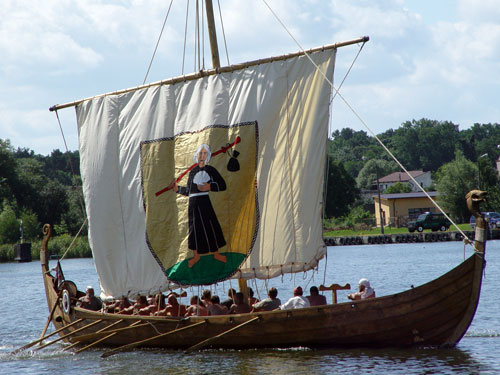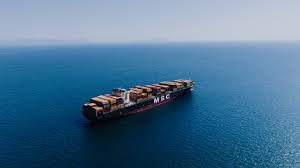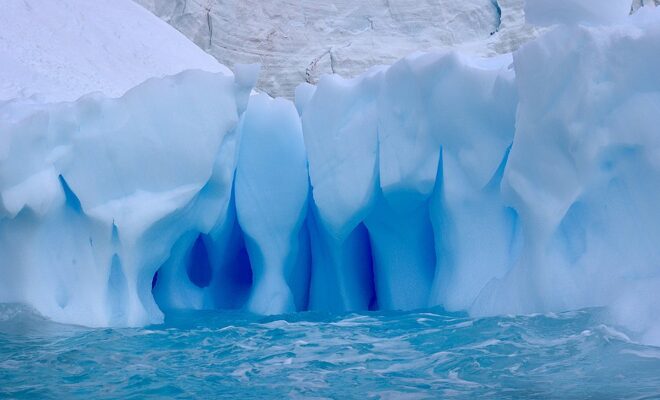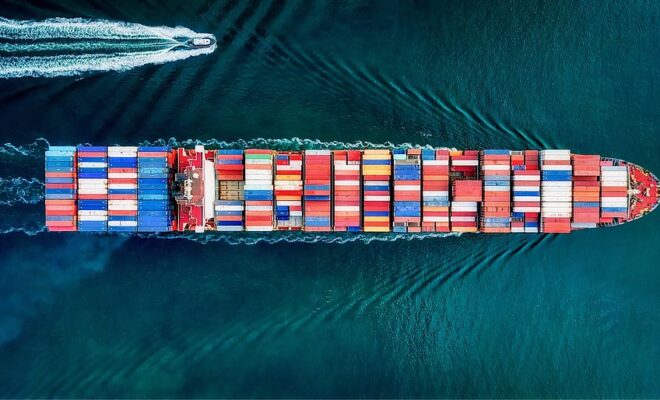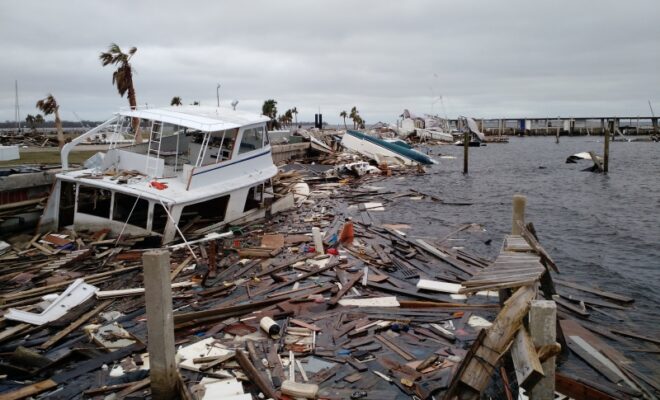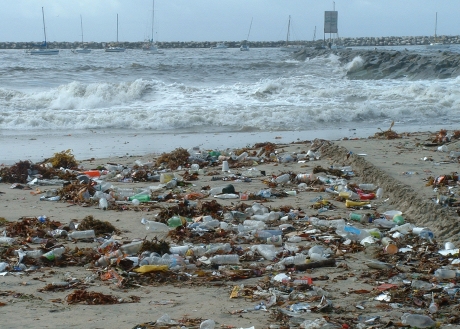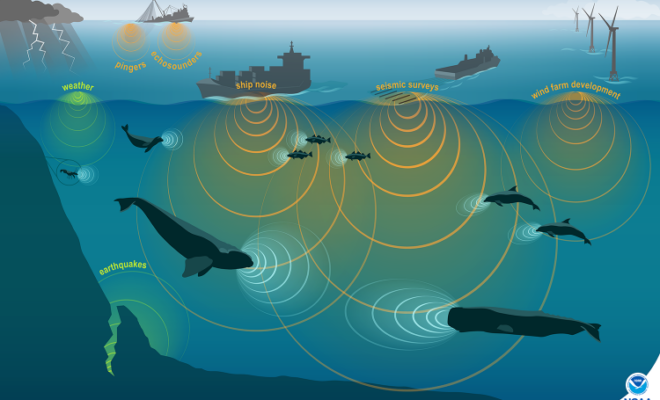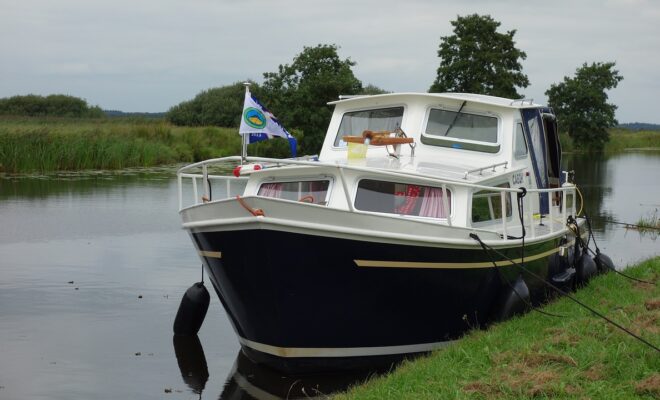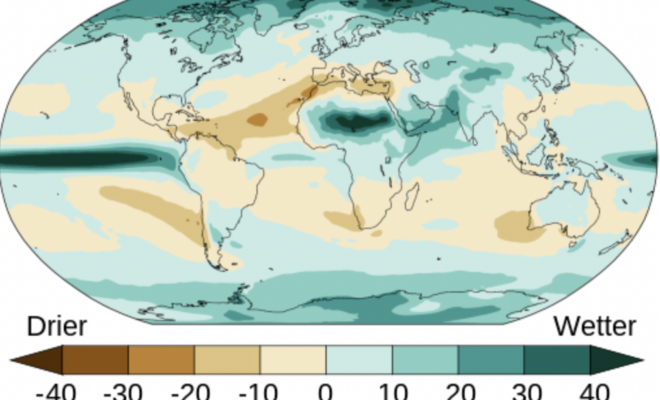The Last of the Vikings
8/12/2023 - By woodenboat.com. An immersion in the folk wisdom of a thousand years The night before our 70-mile open-water crossing from the Norwegian island of Sørværet to the Lofoten Islands, Gunvor Storaas, the 27-year-old skipper, checked the wind forecast on her phone. The next day, it was going to blow 40… SEE MORE
